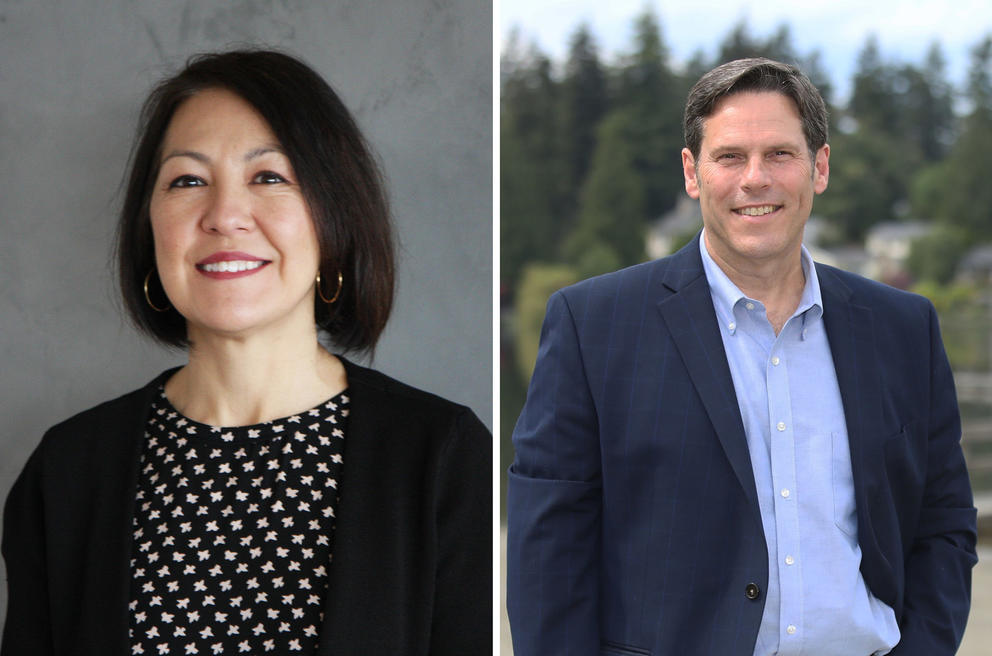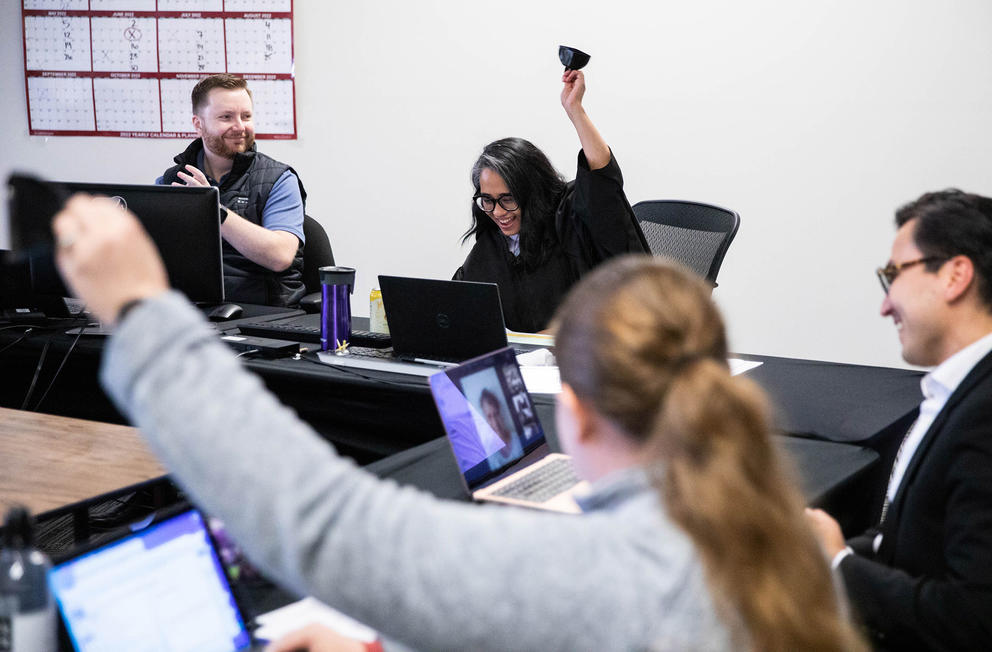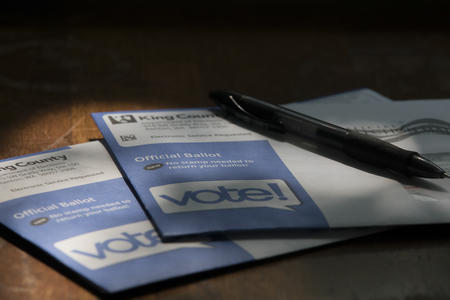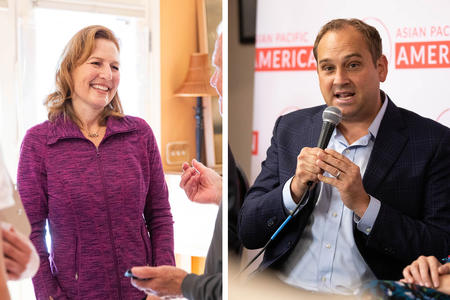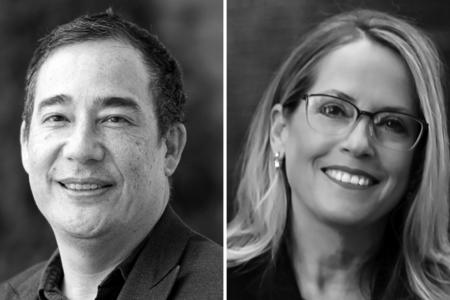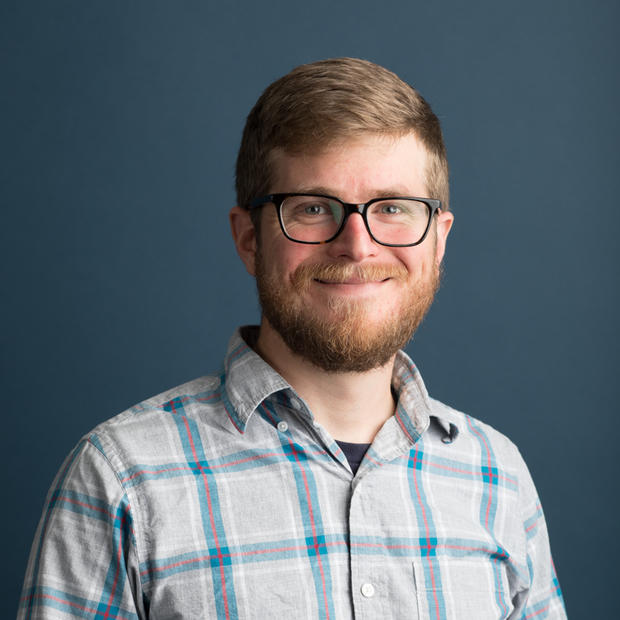Jim Ferrell is the mayor of Federal Way and spent 16 years as a prosecutor in the King County Prosecutor’s office. He wants to bring a harder-line approach back to the office and rebuild what he says is a lost trust between the prosecutor and communities around King County. Ferrell says his experiences leading a smaller King County city and prosecuting criminal cases in court make him the ideal candidate to do so.
Leesa Manion has spent 27 years working in the prosecutor’s office as a civil litigator, deputy chief of staff and, for the past 15 years, chief of staff under current King County Prosecutor Dan Satterberg, who is retiring. Manion says her knowledge of the office’s inner workings make her the right choice to lead it out of the pandemic while addressing public safety and property crime and advancing criminal justice reforms. If elected she would be the first woman and first person of color to hold the office.
Highlighting a divide between Seattle and the other 39 cities in King County, Ferrell has been endorsed by many mayors and council members from King County’s smaller cities and towns, including Auburn, Duvall, Kent and Issaquah. Manion has endorsements from much of the Seattle political establishment including Mayor Bruce Harrell, Executive Dow Constantine, four King County councilmembers, and many of the state legislators representing the Seattle area.
Ferrell and Manion have clashed on several key issues, including a massive backlog of felony cases, alternative justice for juvenile offenders and the office’s relationship with police and police reforms. Ferrell wants to take a harder line on criminal prosecution, but the race is not a repeat of last fall’s Seattle city attorney election in which tough-on-crime candidate Ann Davison beat avowed police abolitionist Nicole Thomas-Kennedy. Manion has touted building a relationship with Davison to prosecute shoplifting and property crime and opposes calls to defund the police.
What does the office do?
The prosecutor’s office handles all felony crimes and juvenile crimes in King County along with misdemeanors in unincorporated King County. The criminal division is the largest, but the office also has a civil division that acts as legal counsel for the King County Executive and King County Council; a family division that deals with custody and child support, among other issues; and a juvenile division.
The police refer cases to the prosecuting attorney’s office after arrests, but it is ultimately up to the criminal prosecutors on staff to decide whether to file charges.
Improving public safety
Both candidates say public safety and serious crime are their top priorities.
For Manion, the key to better public safety is prosecuting incidents of serious crime and addressing root causes. She wants to prosecute violent crime, drug dealing and repeat property crime offenders. But she also wants to use community courts and other alternatives to help rehabilitate lower-level offenders.
“People are demanding accountability,” said Manion. “That looks different for people systematically preying on businesses and communities versus people who are struggling with basic needs and underlying conditions. We can have accountability for both, but it’s not one size fits all.”
Ferrell said he wants to respond to calls he’s heard from the community to prosecute more cases, including mid-level crimes like car theft and ID theft that he said the prosecutor’s office has “abdicated a lot of responsibility on.”
Judge Taguba rings a bell for a participant on the “Rocket Docket,” which means they’re on a list of those who did extremely well over the previous week, at Auburn Community Court on Thursday, August 11, 2022. In the past four years, King County has founded four community courts with the intention of providing an alternate criminal justice route for those who are repeat offenders or whose offenses are minor and often the result of their life circumstances. (Amanda Snyder/Crosscut)
Ferrell also wants to use the role to lobby for changes in Olympia that he said would help police and prosecutors do their jobs. He wants to see changes to Washington’s ban on most police car chases. In 2021, the Legislature revised the rules around police pursuits as part of a package of police reforms. Police can engage in a car chase only if they have probable cause of a violent crime or sex crime.
Ferrell argued that the change is why car thefts are up 88% statewide this year over 2021. Similarly, he wants to lobby for reforms to Washington’s drug possession laws. After the Washington Supreme Court ruled the state’s felony possession law was unconstitutional, the Legislature passed a law making possession a misdemeanor, but requires that a person be offered diversion services twice before they can be prosecuted. Ferrell said this makes it difficult for police to stop public drug use and for prosecutors to enforce drug laws.
“That doesn’t mean we just take our ball and go home,” said Ferrell. “We have to do everything we can to enforce laws, work with legislative partners, and law enforcement to make sure the community is safe and people feel safe.”
Juvenile justice
In November 2021 the King County prosecutor’s office launched a new diversion program called Restorative Community Pathways. It has become a focal point in the race, highlighting Ferrell's and Manion’s contrasting views on criminal justice reform.
The program diverts youth offenders facing misdemeanor charges, and some felony charges such as unlawful gun possession, into nonprofit services and classes before their cases are filed into court. Crime victims also get connected with resources and restitution.
Of the 145 participants who’ve completed the program so far, only 8% have been arrested again, according to county data.
If elected, Ferrell said he would keep the program, but wants to see more oversight of participants. One option would be to make it a pre-trial diversion program run through the courts like the county’s other community court programs, instead of a pre-filing diversion program. He also took issue with some of the felony crimes eligible for diversion.
Manion argued that the office is putting trust in its community partners to provide oversight of participants.
Felony case backlog
The prosecutor’s office currently has a backlog of about 4,500 felony cases that built up during the pandemic. That’s down from 5,000 cases in May. Ferrell points to the backlog as evidence of dysfunction in the office. Manion said the cases show the office is doing its job.
The case backlog accrued during the pandemic because the prosecutor’s office continued filing an average of 20-30 felony cases each day, while the courts were closed so the cases couldn’t move forward.
Ferrell said “There has been zero discernible plan on how to address that. The system is starting to buckle.”
Manion said she helped secure $14 million in federal COVID relief funding for the office to hire 120 new employees to address the backlog, including 10 victim advocates meant to connect victims with services and restitution while the cases are pending.
Policing
Manion said she intentionally has not sought the endorsement of police unions in this race because she wants to ensure there’s no appearance of bias when her office takes on use-of-force cases and officer shootings. Still, she said, she wants to see the county devote more money to policing as well as expand the number of mental health professionals responding alongside officers to people’s public crises.
Manion also wants to bolster the prosecutor’s office’s relationship with law enforcement in King County. She said Satterberg, the current prosecutor, always sends the chief deputy criminal prosecutor to monthly briefings with the King County sheriff and Seattle chief of police. She said she plans to be in the room to “be accountable, build important partnerships, and come up with effective crime prevention strategies.”
Ferrell has been endorsed by a swath of police associations and police unions, including the Washington State Fraternal Order of Police, the King County Police Officers Guild and the Seattle Police Officers Guild.
He argued that Manion’s lack of law enforcement endorsements “tells a story of what’s really occurring here between law enforcement agencies and cities not being well served and not being communicated with” by the prosecutor’s office.
Ferrell continued, “My partnerships with all those mayors and police agencies and police guilds are going to serve me well to address the public safety situation.”

